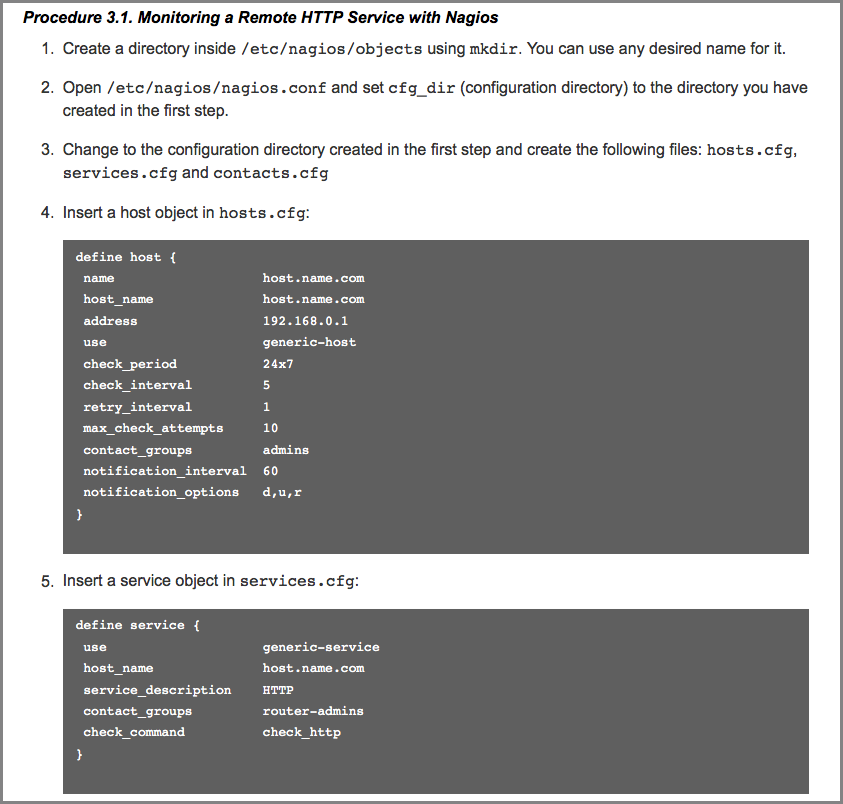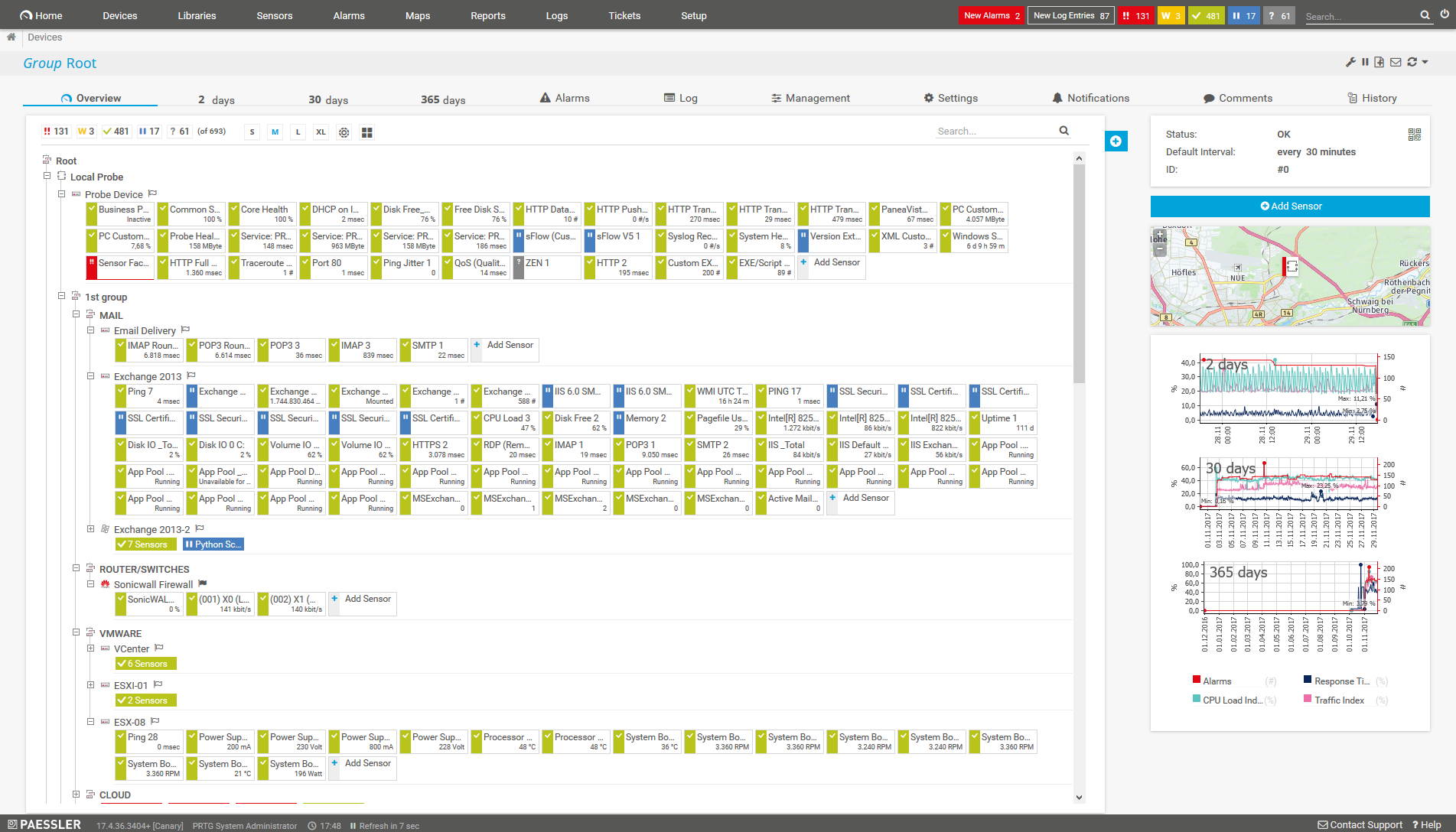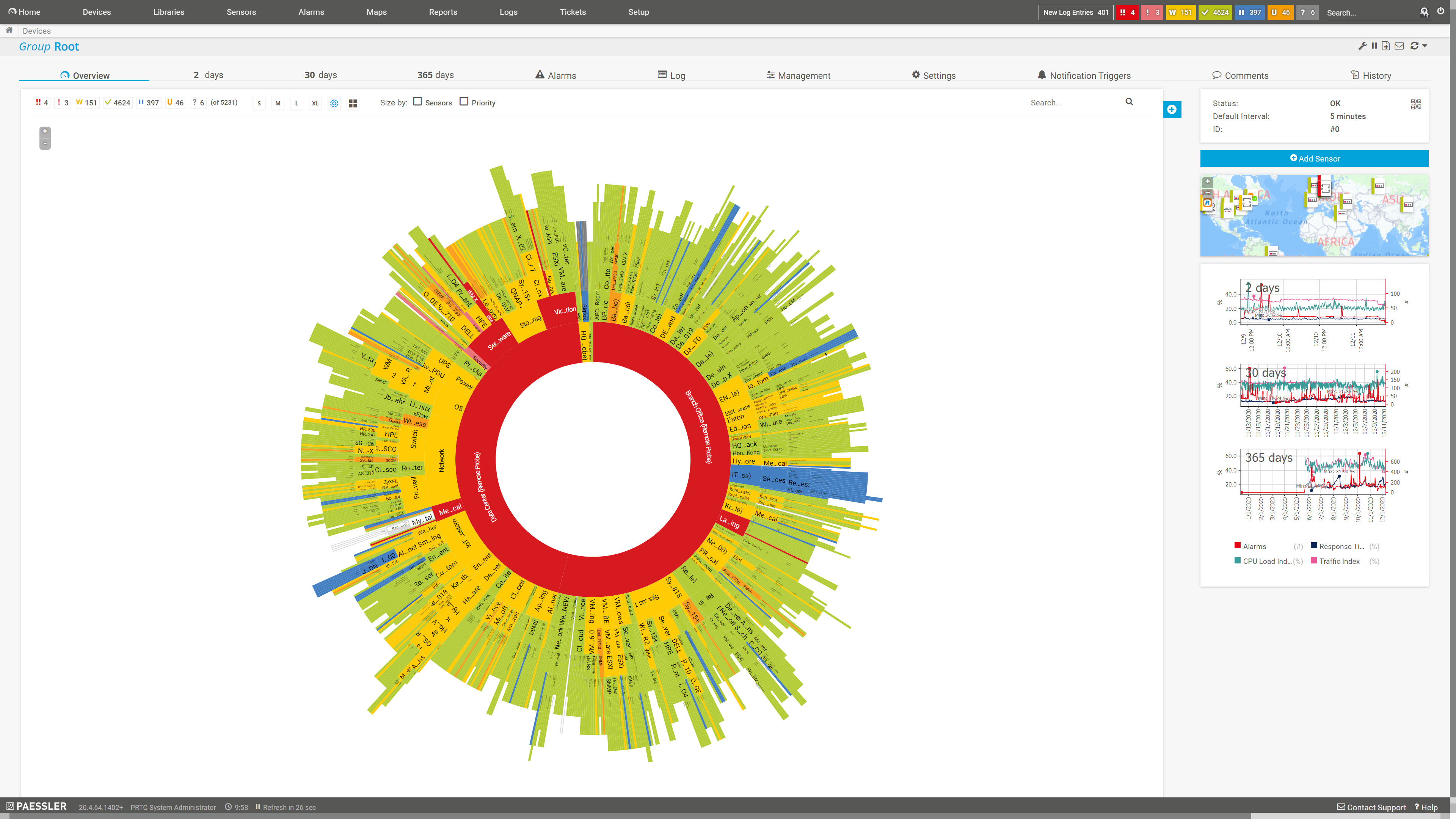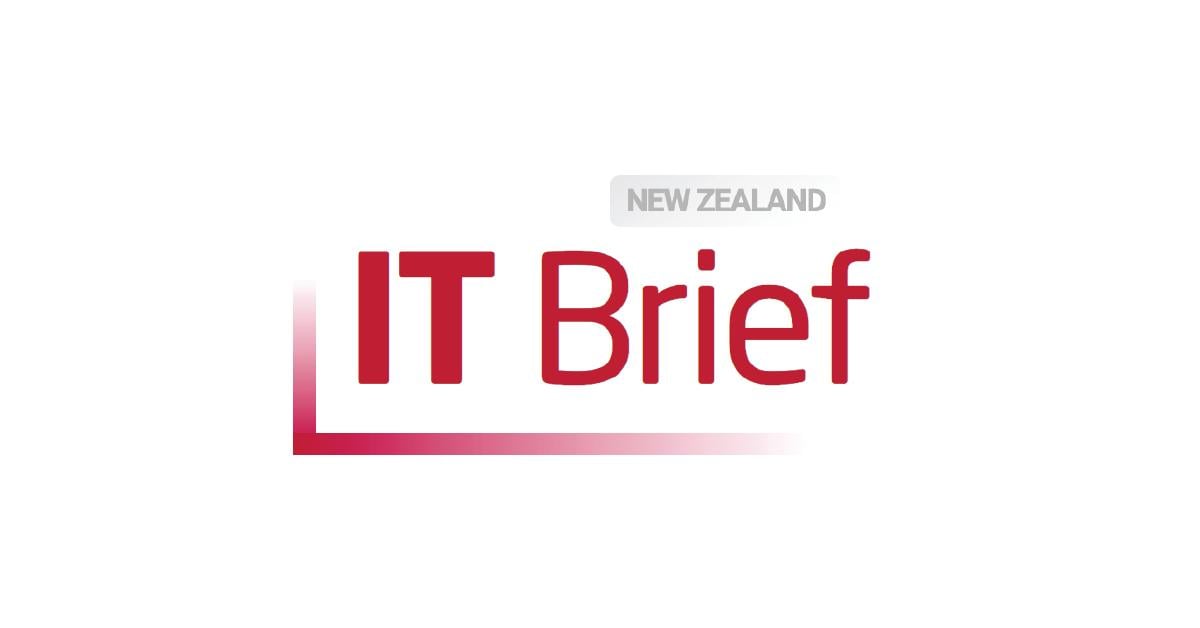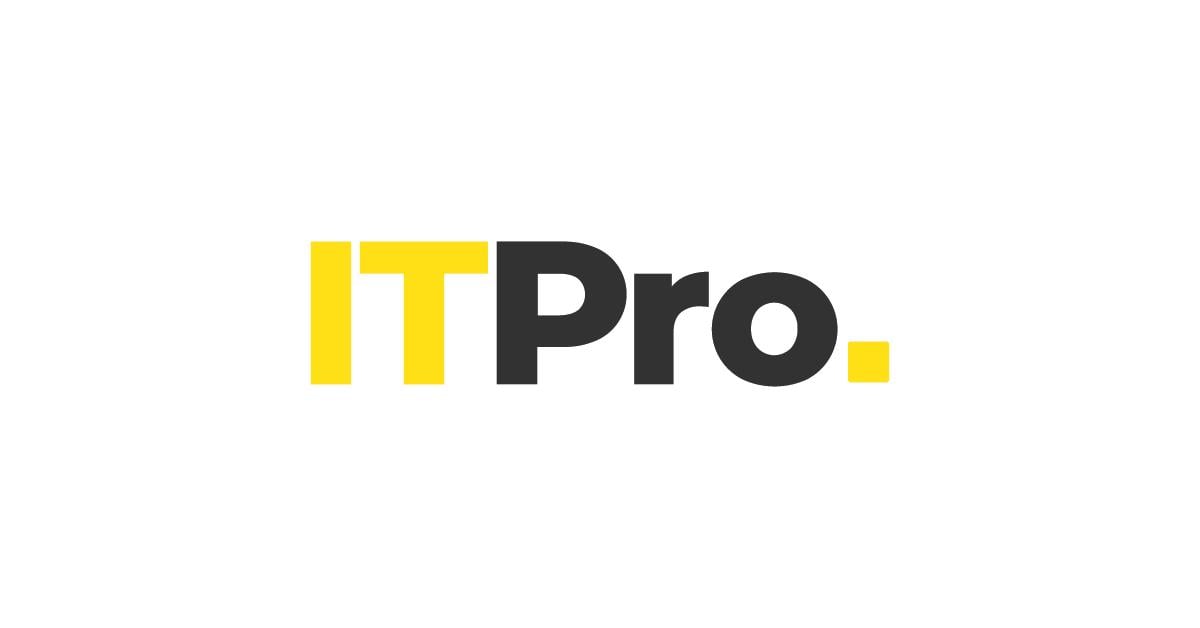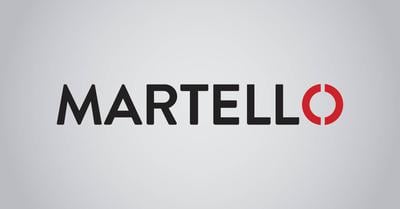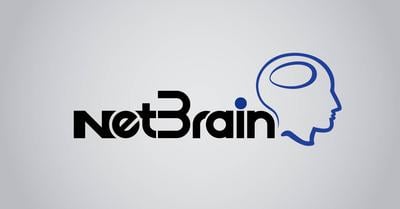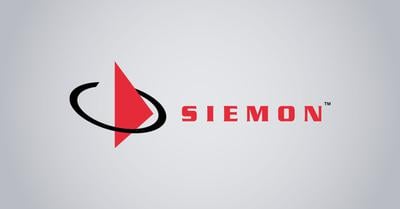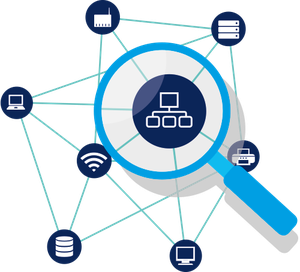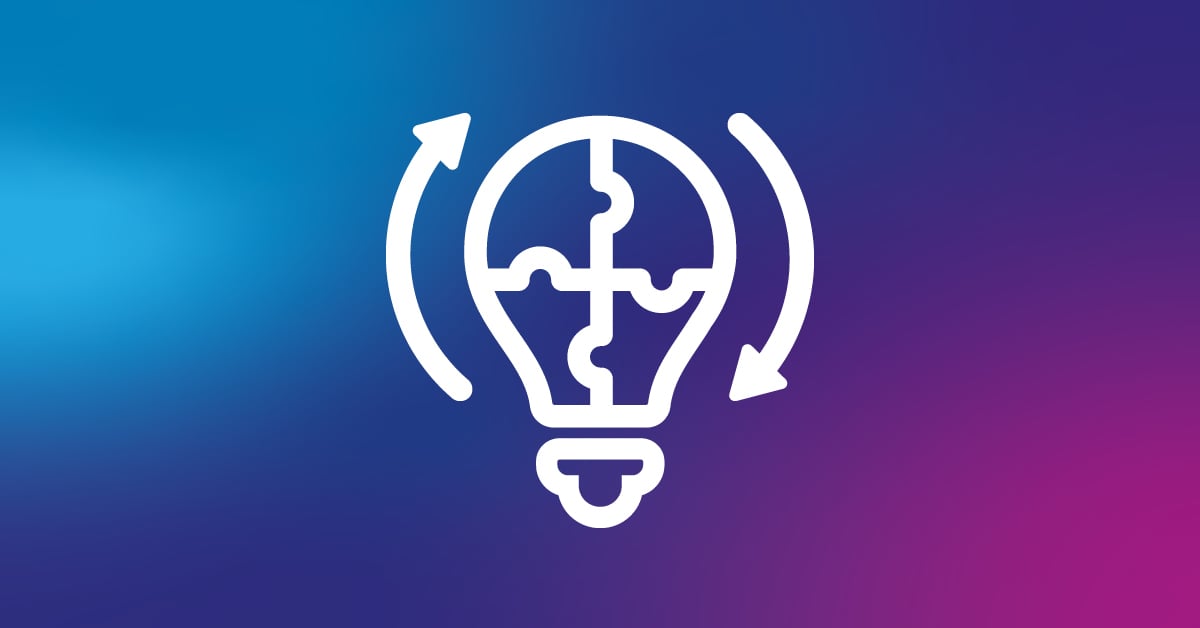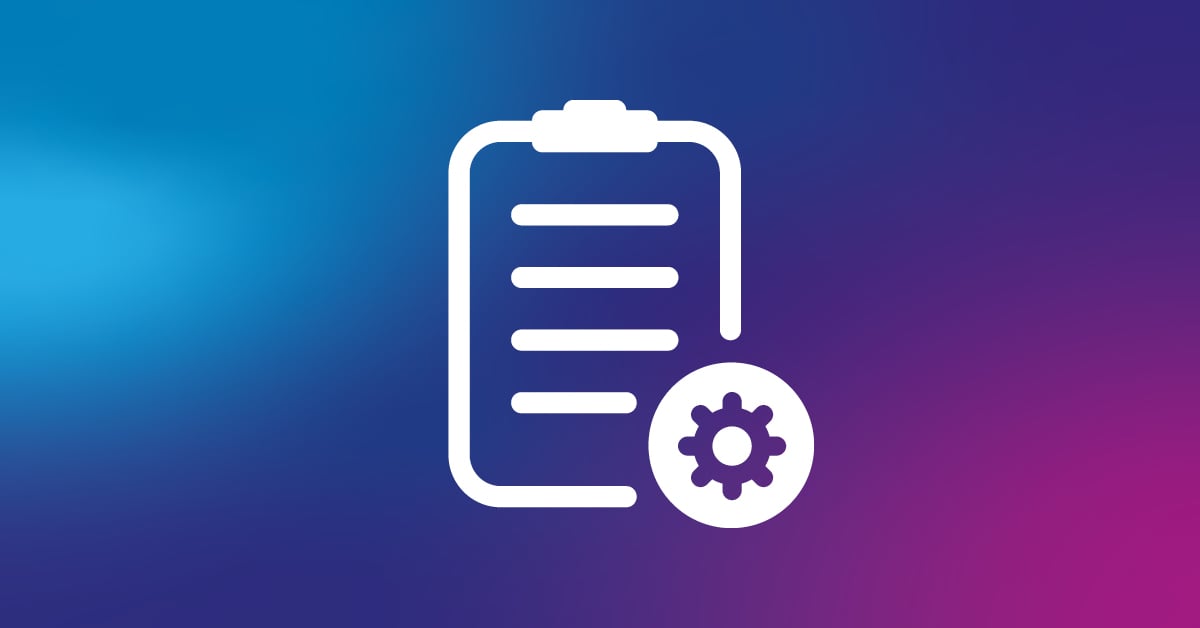PRTG as a Nagios alternative: What you'll find on this page
Nagios vs. PRTG: The advantages of both monitoring solutions
Nagios
- Linux-based, open-source monitoring tool without license costs
- Can be customized by using a huge number of community-developed plug-ins
PRTG
- Powerful monitoring tool with great usability via web, desktop & mobile apps
- Customizable, interactive dashboards and network maps
- Real-time alerting, custom notifications, and automated reporting
- Preconfigured PRTG sensors and device templates for quick & easy integration
- Expert technical support & detailed online documentation
Free vs. easy to use and time-saving:
Why an open-source tool might not be the most cost-effective choice
At first glance, Nagios open-source software seems considerably less expensive than PRTG. After all, why should you pay for something that you can get for free?
Nagios saves you money but costs you time & effort
When it comes to software that you need to customize to meet the specific needs of a company, its purchase price is only a small factor if you consider its overall costs.
The initial setup of Nagios already takes a lot of time. Moreover, you can only install the tool’s free edition via Linux/Unix and all devices and checkpoints must be added using shell commands.
It is not uncommon for the setup to take several days, even for experienced Linux users. And if you need to customize your Nagios configuration later, you can count on spending an enormous amount of time and effort to get it done.
Choose PRTG, a tool which is ready to go in minutes
PRTG is configured in just a few quick clicks. Its auto-discovery function detects all devices and services in your network automatically and creates a first set of so-called PRTG sensors.
Adding, processing, and deleting sensors is straightforward and extremely intuitive thanks to an easy-to-understand user interface.
The time and energy that you spend configuring Nagios can quickly let operational costs go through the roof. At the end of the day, the seemingly free open-source tool is not really that inexpensive.
Your Nagios alternative at a glance – even while on the go
Set up PRTG in minutes and use it on almost any mobile device.
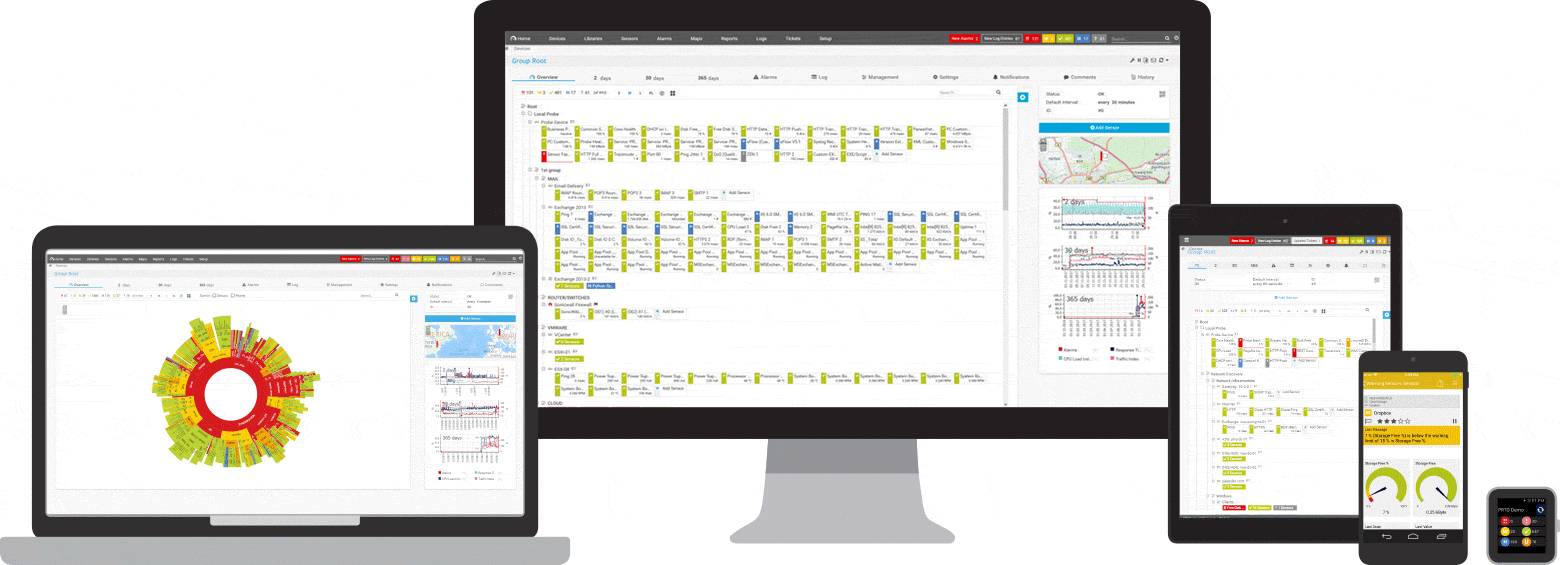

PRTG makes network monitoring as easy as it gets
Custom alerts and data visualization let you quickly identify and prevent all kinds of network issues.
PRTG is compatible with all major vendors, products, and systems
What network monitoring looks like in PRTG
Diagnose network issues by continuously tracking the health, availability, and performance of your entire IT infrastructure. Show hardware parameters, application performance, network traffic, bandwidth usage, and other key metrics in real time. Visualize data in clear graphs and dashboards to identify problems more easily. Gain the overview you need to troubleshoot all kinds of issues in your network.
PRTG vs Nagios: All the features you need in an easy-to-use monitoring system vs. low level of usability
Scalability can become complicated in Nagios
Nagios can be effective for small networks, and yes, the very basic version Nagios Core is available for free. It gets more complicated, however, if you need to manage larger environments. To set up Nagios correctly, you will need a lot of time and effort before reaching a professional standard, either by changing the source code, by using additional hardware, or by integrating various Nagios plugins and add-ons to scale the solution.
PRTG right from the start, no forums needed
With PRTG, you won't waste countless hours reading forums and editing configuration files. After installing PRTG in just a few seconds, the smart setup assistant guides you through the setup and initial configuration. You can also use the auto-discovery feature to automatically create a comprehensive set of sensors for your entire network.
Join over 500,000 happy sysadmins
We would not put it as hard as Jonah Kowall does in his blog article: "Got Nagios? Get rid of it." And: "The level of usability and sophistication of the product (Nagios) is pretty much zero." But we, too, think that Nagios’s user interface is not very good and it’s definitely not very intuitive at all. PRTG, on the other hand, comes with a state-of-the-art, responsive web interface as well as smartphone apps for monitoring on the go.
Start monitoring your network with PRTG and see how it can make your network more reliable and your job easier.
3 more reasons to use PRTG as a Nagios alternative
Have more time for your core responsibilities
As a system administrator, you must dedicate a great deal of time to the maintenance of your IT infrastructure, as this is the backbone of your company.
So let’s be honest: you could use the time that is needed to set up and maintain the operation of open-source solutions like Nagios or Zabbix in a much more efficient manner.
With the automated monitoring of PRTG, you are free to deal with other important tasks in your daily business.
Benefit from expert technical support
Each PRTG subscription includes access to the latest PRTG version including new features and security improvements, as well as comprehensive technical support.
Moreover, our extensive Paessler Knowledge Base offers you precise answers to almost any issue that you might have. This way, you won’t have to spend hours browsing through online forums.
With PRTG, you’ll save both time and worry!
Use PRTG even without a technical background
With Nagios, it can take days or weeks to get used to and customize the open-source software to meet the specific demands of your company and network.
People who configure and use Nagios need to have deep technical knowledge to do so. And if an IT professional who's also the Nagios expert leaves the company, other colleagues will usually have a hard time understanding how to use the tool.
By contrast, PRTG is also extremely easy to use for non-techies – even colleagues who were not involved in the setup process have no trouble getting the hang of the tool and the monitored network environment.
![]()
"PRTG totally blows away similar and popular server-based monitoring software, for example Nagios and Pandora FMS. Both of these competing applications were difficult to set up and use, and the interfaces felt poorly designed, hokey, and I couldn’t imagine using the interfaces of these products on a daily basis.”
Clayton Hill, System Administrator, ateamonsite.com
Tired of using Nagios? It’s easy to switch to PRTG
If you currently use Nagios and wish to switch to PRTG, you’ll have no trouble doing so. Even larger network environments are usually configured in PRTG within a few short hours.
Thanks to the PRTG auto-discovery feature, you can quickly integrate your entire network into your monitoring setup – no matter from which manufacturers your network devices are.
Device templates are extremely useful for configuring several devices at the same time. As a result, a few clicks suffice to configure an entire IT environment.
Many of our customers migrated from Nagios to PRTG because of the easiness and flexibility that PRTG offers. Read how Peak Internet or NetMass employed PRTG Network Monitor instead of the open-source tool Nagios:

Peak Internet prides itself on offering the best technology and service to its customers. While many other ISPs are not bothered when their customers alert them to an outage, Peak wanted to do better. In the past, Peak Internet employed a variety of network monitoring tools (Nagios, Smoke Ping, Monit, Zenoss, What’s Up Gold, and Zabbix). "We were looking for a single point of monitoring for our whole business at the best cost, with ease of use," said David Placko, Chief Technology Officer at Peak Internet. "PRTG was a real winning solution for us."
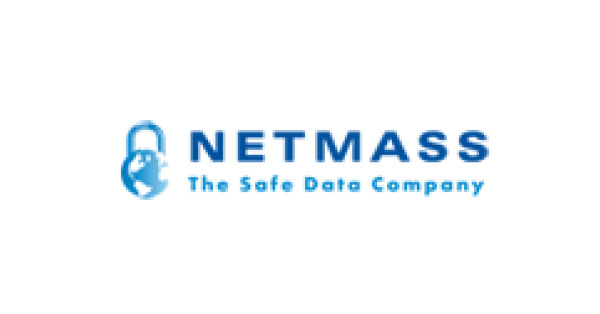
Nagios, designed for the Linux operating system, worked well in some configurations for NetMass. But soon there were concerns. "The NSClient++ solution with Nagios did not do as well for monitoring remote Windows servers," states Stephen Perkins, President and Chief Technical Officer of NetMass. "It was also very complex to manage and configure the multi-site plug-ins that we needed. Often, new services would not get properly configured in Nagios because of the extra overhead. Over time we just wanted an easier solution."
Find the root cause of the problem with our PRTG network monitoring solution
Real-time notifications mean faster troubleshooting so that you can act before more serious issues occur.
Create innovative solutions with Paessler’s partners
Partnering with innovative vendors, Paessler unleashes synergies to create
new and additional benefits for joined customers.
PRTG makes network monitoring as easy as it gets
Custom alerts and data visualization let you quickly identify and prevent network issues.
We asked: would you recommend PRTG?
Over 95% of our customers say yes!
Paessler conducted trials in over 600 IT departments worldwide to tune its network monitoring software closer to the needs of sysadmins.
The result of the survey: over 95% of the participants would recommend PRTG – or already have.
Still not convinced?
More than 500,000
sysadmins love PRTG
Paessler PRTG is used by companies of all sizes. Sysadmins love PRTG because it makes their job a whole lot easier.
Monitor your entire IT infrastructure
Bandwidth, servers, virtual environments, websites, VoIP services – PRTG keeps an eye on your entire network.
Try Paessler PRTG
for free
Everyone has different monitoring needs. That’s why we let you try PRTG for free.
Start monitoring your network with PRTG and see how it can make your network more reliable and your job easier.
|
PRTG |
Network Monitoring Software - Version 25.1.104.1961 (April 7th, 2025) |
|
Hosting |
Download for Windows and cloud-based version PRTG Hosted Monitor available |
Languages |
English, German, Spanish, French, Portuguese, Dutch, Russian, Japanese, and Simplified Chinese |
Pricing |
Up to 100 sensors for free (Price List) |
Unified Monitoring |
Network devices, bandwidth, servers, applications, virtual environments, remote systems, IoT, and more |
Supported Vendors & Applications |
|
